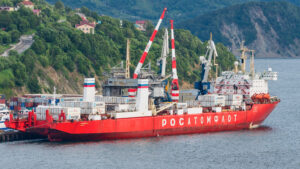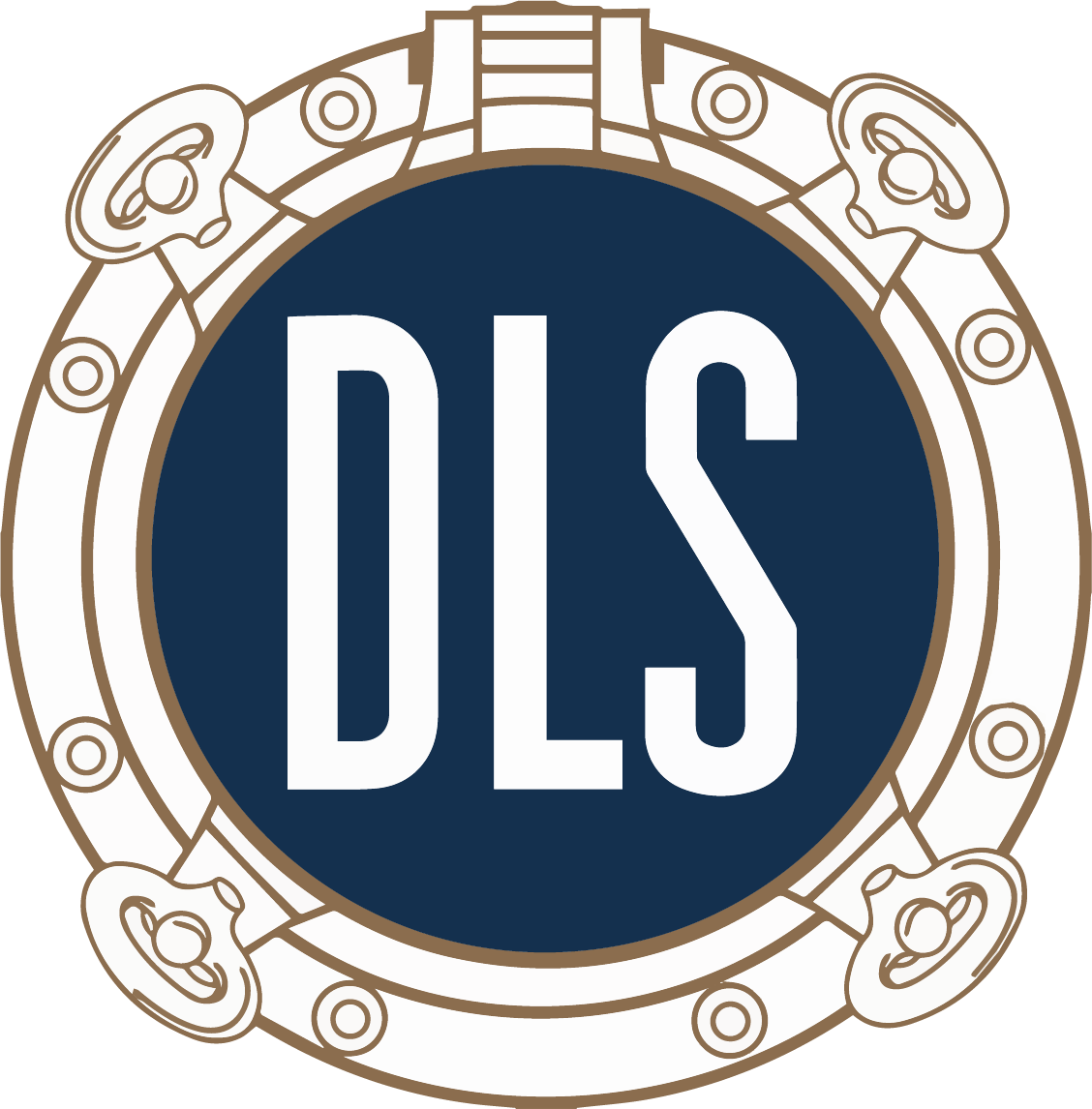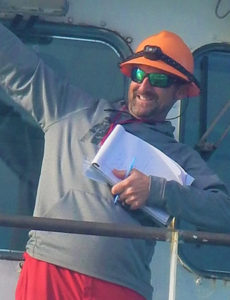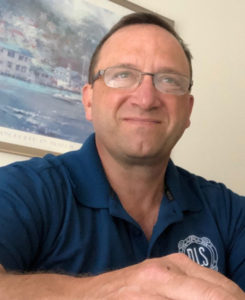- April 16, 2020
- Industry
- Bedlam in the Time of COVID-19
Bedlam is defined as a scene of uproar and confusion. The term comes from the St. Mary Bethlehem Hospital in England which long after its beginning became an asylum to treat the mentally ill. In the Jacobean Era, with the help of playwrights putting on some successful plays using the hospital name as a site for titillating insanity, the name morphed along the lines of Bedleheem, Bedleem and then to Bedlam, i.e. chaos and insanity.
Worldwide right now the marine industry is in a state of chaos. And for those trying to plan, budget, forecast – unprecedented disruption. Insanity. Bedlam.
Many of the experts expect this to be long-term. I agree, with the out that long-term is different to different players.
For many in the offshore services industry with idle vessels and looming debt, long-term can be three to six months. That may be as long as they can last. This hasn’t been helped by the drop in oil prices due to the Saudi-Russian oil pricing battle. And while the U.S. has become a net exporter of oil, the LOOP terminal offshore Louisiana is now expecting an influx of loaded Saudi Arabian VLCC’s.
For those owners wondering about what to do for vessel replacement, long-term is the life of a vessel – twenty years. What designs? What fuels?
In between these time frames are lenders with loans and leases in the next one to five years, and major oil companies and their contractors whose planning and budgets are often four to six years out.
In the current worldwide COVID-19 crisis, the ripples spread. Vessels in some sectors have become surplus. The auto trade is dormant so older Pure Car and Truck Carriers (PCTC) are laid up. With the world economy slowed, less steel is needed, steel production has slowed, and along with it the use of bulk carriers with coal and ore.
Container traffic is upset. First nothing is coming out of China. Then China recovers and the ports for Chinese goods in the west are shut down due to the virus. The latter also affects grain movements. Even restaurant closures have shut down the fishing fleets around the world and affect reefer shipping and refrigerated container movements of fruits, vegetables and meats.
The international drop in people’s income means a drop in consumer spending and a reduction in container and general shipping. Feeder systems between the U.S., the Caribbean and South America, such as Crowley Liner Services, are being cut.
Even the end game, scrapping, is being affected. The loss of demand for steel can reduce the need for scrap steel, particularly in the Chinese steel mills with electric arc furnaces. On top of that the Hong Kong Convention call for “green” scrapping which has affected some yards. Even today working scrap yards do not want ships so they can avoid the risk of handling the possibly sick seamen that bring the ships to the scrap yard and must be repatriated to their homelands.
For some of the same reasons, Sales & Purchase is down as ship inspections are difficult to carry out due to transportation of surveyors and vessel access. The terms of long- and short-term financing are also in flux due to the many risk factors.
As Mongkut, the King of Siam, said in the musical The King and I, “Tis a puzzlement.”
As things have been unfolding, we at DLS Marine have been keeping up with the day-to-day happenings in the industry. Since Hurricane Katrina in 2005, every DLS surveyor has been able to operate independently from anywhere there is internet connections. While most air travel has been curtailed, our field staff can travel as deemed necessary, with discretion. In the last year we also integrated our entire system so that our office staff can work from home, which they have been doing for several weeks now. There has been no break in production of reports and to ensure security, we have recently gone to two-factor authentication for our remote systems.
In learning that classification societies have moved to more drone inspections to cut down on the need for assistance on vessels and in shipyards, as well as to carry out competent inspections at a distance, DLS Marine received its certification from the American Bureau of Shipping to carry out external inspections and expanded its use of DLS drones into inspections/documentation of condition on vessels for leasing companies and lenders. We were the first independent survey group to achieve this certification.
In an industry with a long history of cyclical economics, some with wild and extreme swings, this may be the first time since WWII that the economic tide is moving almost every sector of the industry. Yet the marine industry rethinks and regroups.
With the rapid changes in technology, constant IMO and individual country regulations, and changes in international financing and international financial valuation standards, it will take all of the experience of the old line shipping families and the thinking of the modern globalist to carry our industry through the recovery.
And it will recover. There is no substitute for inland, coastal and ocean shipping to economically move the goods, raw and completed, to world markets. All associated with the industry will also be part of the recovery. DLS Marine, with our staff with decades of experience in hull and machinery, appraisal, inland river movements and cargo, will be here to support you along that road to recovery, bringing you many of the answers you need in a timely fashion – as we have for over 50 years.











